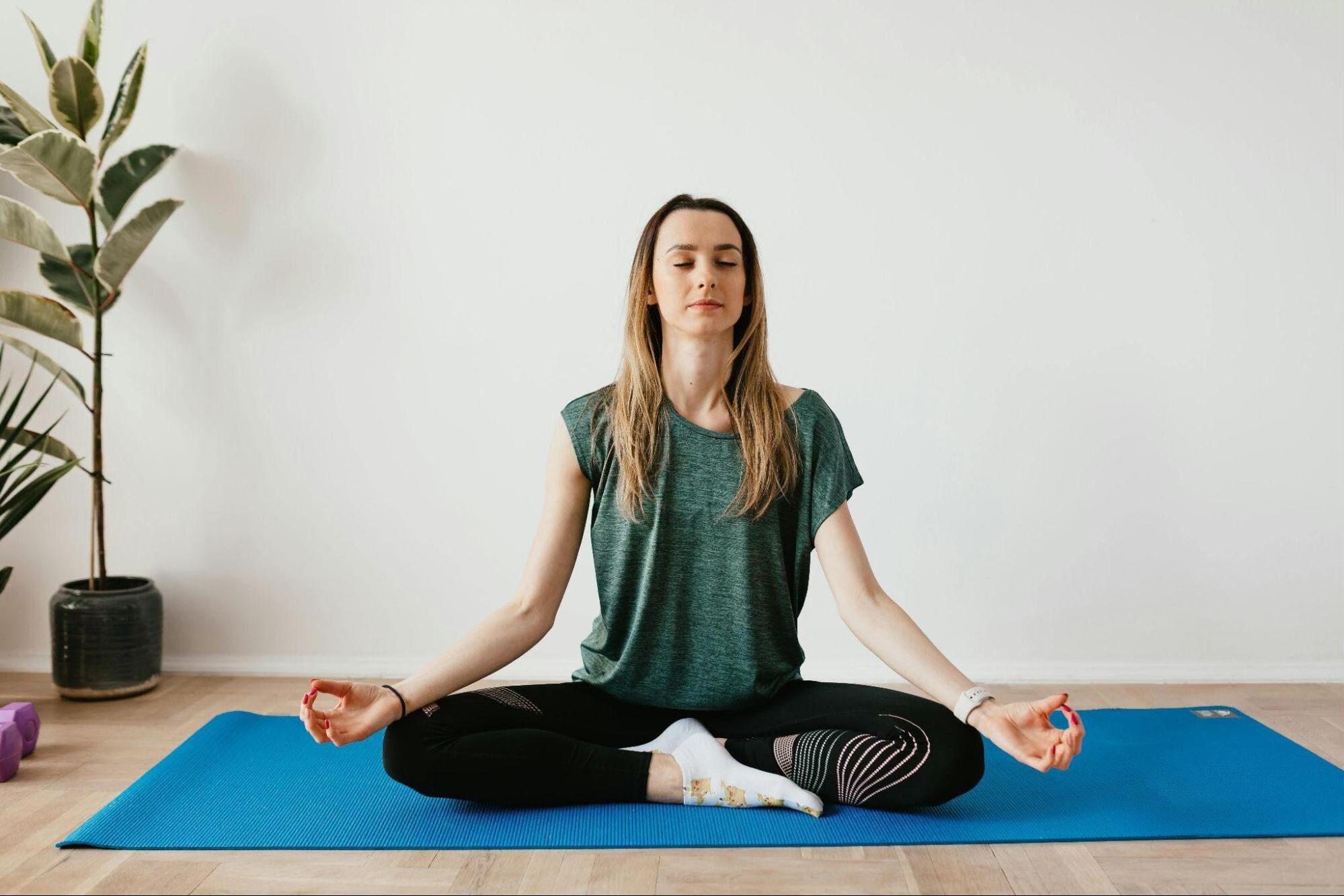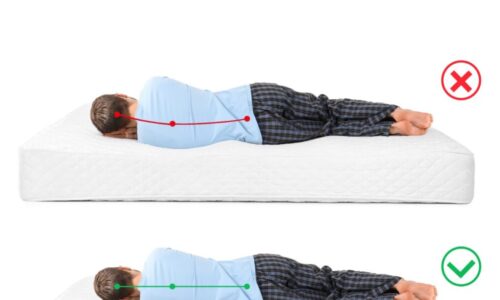How You Can Achieve Optimal Wellness Through Practical Self-Improvement |
Image via Pexels
How You Can Achieve Optimal Wellness Through Practical Self-Improvement
Wellness isn’t a final destination—it’s a moving rhythm. Some days you’re lit up and clearheaded, other days you’re fogged and scattered. But beneath the highs and lows, something steadier can emerge: a commitment to refine, pay attention, and evolve. Self-improvement isn’t about upgrading into some ideal version of yourself. It’s about staying in motion, staying honest, and making moves that feel like they belong to you. That’s what makes it sustainable—it doesn’t demand perfection, just attention. Let’s look at real ways to build that kind of wellness: steady, textured, and driven by actual feedback from your own life.
Cultivating Mindfulness to Stabilize Mood
You don’t have to be a monk or yogi to benefit from mindfulness. Just pausing long enough to notice your breath—or the weight of your body on the chair—can begin to untangle some of the mental static. What’s wild is how consistent this is across studies: people who make mindfulness a regular habit tend to build better buffers against emotional spikes. It’s not magic, it’s neuroplasticity. One study showed that improvements in emotion regulation and general trust helped explain why mindfulness led to reduced stress and anxiety. You don’t need a silent retreat. Just a few minutes a day to reset your baseline. The calmer you are internally, the less chaos can take hold externally.
Refining Communication for Career Confidence
Sometimes self-improvement is less about what you do and more about how you express it. Your ability to articulate clearly—whether in a job search, pitch, or collaboration—can quietly change everything. Crafting a sharp cover letter, for example, isn’t just about formality. It’s about understanding how to reflect your skills, values, and voice on paper. That’s where a good cover letter guide makes the difference. It walks you through structure and tone, while encouraging you to sound like you, not some corporate robot. When you communicate from clarity, people respond differently. And so do you.
Setting Intentions to Anchor Long‑Term Change
Goals can fade. Deadlines slip. But values? Values tend to stick around. That’s why framing your self-improvement goals around what matters—connection, freedom, presence—works better than arbitrary benchmarks. Researchers studying long-term mindfulness use found that experienced practitioners use social support, reminders, and structured routines to keep showing up even when motivation dips. Think about that: it’s not intensity that sustains change, it’s rhythm. Having a partner check in, a morning alarm, a recurring weekly reset—all those “unsexy” tools? They make wellness visible and repeatable. And that’s where growth lives—not in the spike, but in the return.
Starting a Business as Self-Actualization
For some, the deepest version of self-improvement is building something from scratch. A business isn’t just an income stream—it’s a statement of who you are, what you care about, and how you want to spend your energy. That first leap can be messy, but it’s also transformative. Platforms like ZenBusiness exist to remove the guesswork and help you start cleanly, legally, and with support. That clarity—knowing your structure’s legit, your paperwork’s aligned, and your foundation’s strong—lets you focus on the part that matters: vision. And few things fuel personal growth like turning that vision into something real.
Personalizing Your Nutrition Over One‑Size‑Fits‑All Diets
Diets are often like borrowed shoes—they might fit, but they weren’t made for you. A meal plan that works wonders for one person could leave you sluggish or bloated. That’s why personalized nutrition matters more than ever. The field of nutrigenomics and personalized nutrition reveals that your genes, habits, and even your gut microbiome affect how your body handles food. Instead of chasing a perfect plan, start tuning in. What meals leave you energized two hours later? Which snacks kill your focus? Start tracking with curiosity, not judgment. Over time, you’ll build your own internal food compass—one that actually listens.
Using Mindfulness as a Tool for Physical Health
Most people treat mindfulness like it’s just for the mind. But your body knows when you’re tense, scattered, or spinning. Breath changes. Muscles contract. Sleep gets jumpy. What’s incredible is that mindful awareness doesn’t just ease the mind—it can lower inflammation markers and improve sleep too. You’re not just thinking differently, your cells are reacting. Adding even small rituals—like a short walking meditation or body scan before bed—can shift how your system processes stress. The more often you drop into presence, the more your body learns to recalibrate. And that recalibration changes everything from digestion to immunity.
Leveraging Behavioral Feedback for Consistent Growth
Progress doesn’t come from effort alone—it comes from awareness. You can’t improve what you don’t track. When people begin tuning in to what happens after they make a choice—how they feel, how they sleep, how their energy moves—their habits start to evolve naturally. It’s not willpower. It’s pattern recognition. In fact, research found that monitoring glycemic responses vs generalized dietary advice helped people lose weight more sustainably and stabilize blood sugar better than one-size-fits-all plans. This kind of feedback loop doesn’t need wearables. Just pen, paper, and a little honesty. Think of it as biohacking without the branding.
Wellness isn’t about getting everything right. It’s about listening closely—then adjusting. Whether that means tuning into your body, getting smarter about food, tracking your own data, or taking on the risk of launching something big, each step counts. And none of them need to be perfect. Just real. What matters is that you choose the improvement that fits your life today—not some idealized version of what “should” work. Anchor your changes to values, surround yourself with rhythms that hold you up, and keep watching for what shifts. That’s where wellness lives: not in the goal, but in the practice.
Discover a wealth of health insights and stay informed by visiting The Health Channel, your go-to source for expert advice, engaging videos, and more ways to connect with your well-being journey!









